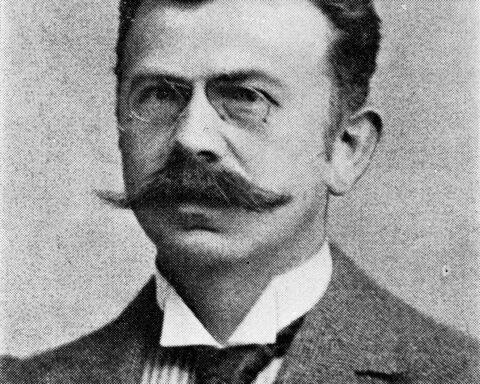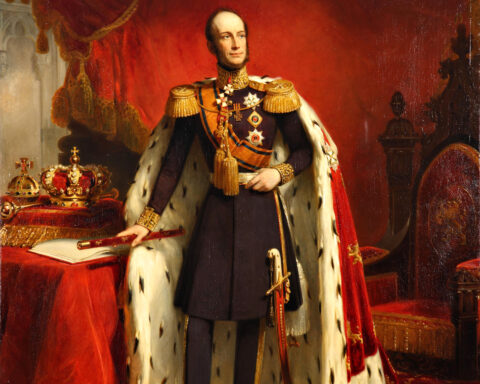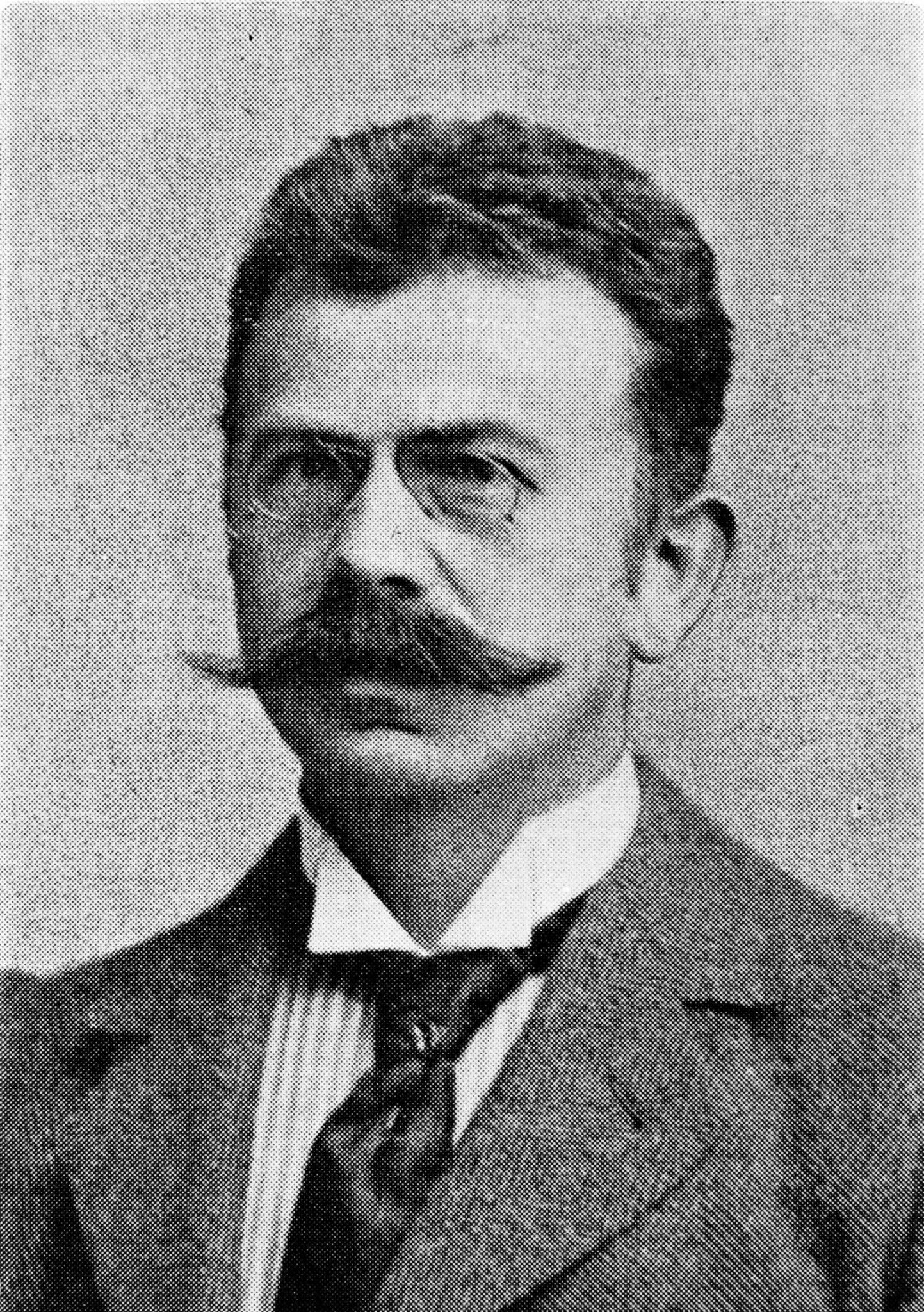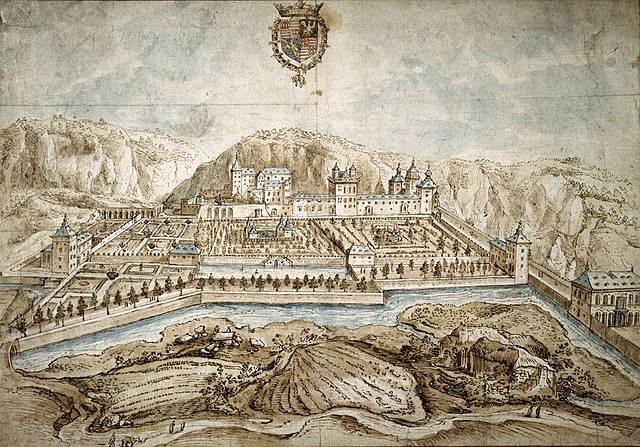Batty Weber, editor-in-chief of the Luxemburger Zeitung, shaped Luxembourg’s cultural identity through journalism, fiction, and commentary. His daily column Abreisskalender chronicled societal change from 1913 to 1940. Literary pioneer and national voice.
Early Life and Education
Batty Weber was born on 25 November 1860 in Rumelange, Luxembourg. He spent his childhood in Dalheim and Stadtbredimus before attending the Athénée de Luxembourg for his secondary education. He went on to study philology at the universities of Berlin and Bonn. Upon returning to Luxembourg, Weber initially entered public service, working as a stenographer. However, his growing interest in writing and cultural affairs led him away from administration and toward a literary and journalistic career. By the early 1880s, he had already begun publishing essays and stories, quickly gaining recognition as an emerging voice in the country’s intellectual life. His classical education and exposure to German academic traditions equipped him with a strong linguistic and analytical foundation, which he later applied across literature, criticism, and cultural commentary.
Journalism and Literary Contribution
In 1893, Weber became editor-in-chief of the Luxemburger Zeitung, one of the country’s most influential newspapers at the time. His most renowned contribution came in the form of Abreisskalender, a daily column he authored from 1913 until his death in 1940. This long-running feature, totalling over 7,000 entries, offered observations on contemporary life, art, politics, and everyday events. Written in an accessible yet reflective style, the column documented social change, national sentiment, and cultural transformation in Luxembourg during the early 20th century. In addition to journalism, Weber wrote fiction, poetry, and plays in Luxembourgish, German, and French. His literary works often explored themes of identity, tradition, and the complexities of modernity. A committed supporter of the arts, he also used his platform to promote young talent in literature and visual culture, shaping the national literary canon through both mentorship and critique.
“This long-running feature, totalling over 7,000 entries, offered observations on contemporary life, art, politics, and everyday events”
Legacy and National Recognition
Weber’s role in developing a cohesive cultural identity for Luxembourg is widely acknowledged. Through his writing, he provided a voice for a small nation navigating modernisation, war, and societal change. His ability to connect cultural commentary with the everyday concerns of citizens made him a distinctive figure in Luxembourg’s intellectual history. He died in Luxembourg City on 14 December 1940. In 1987, the Batty Weber Prize was established in his honour and remains Luxembourg’s most prestigious literary award, presented every three years to an author for lifetime achievement. Streets, libraries, and public squares bearing his name reflect his enduring influence. His body of work continues to offer insight into the values, concerns, and aspirations of a formative period in Luxembourgish society.



















